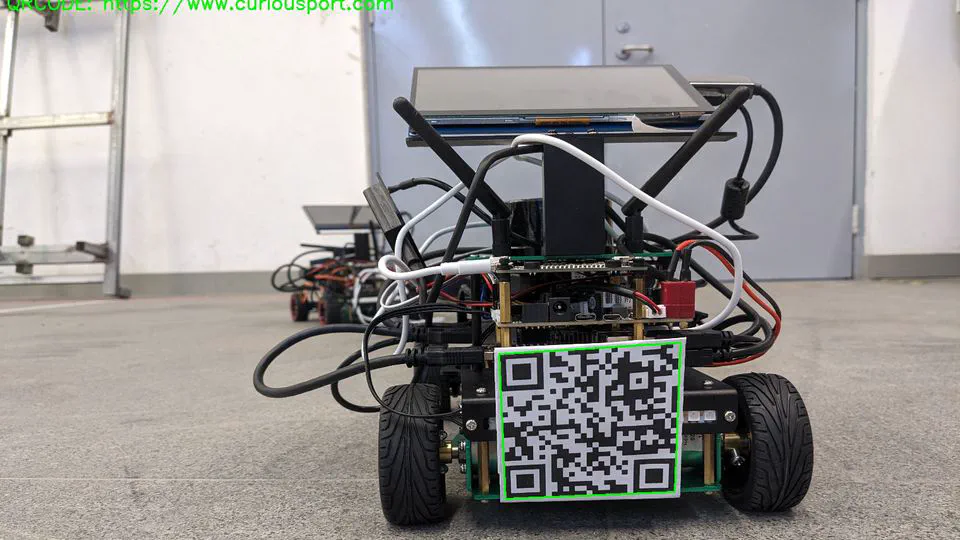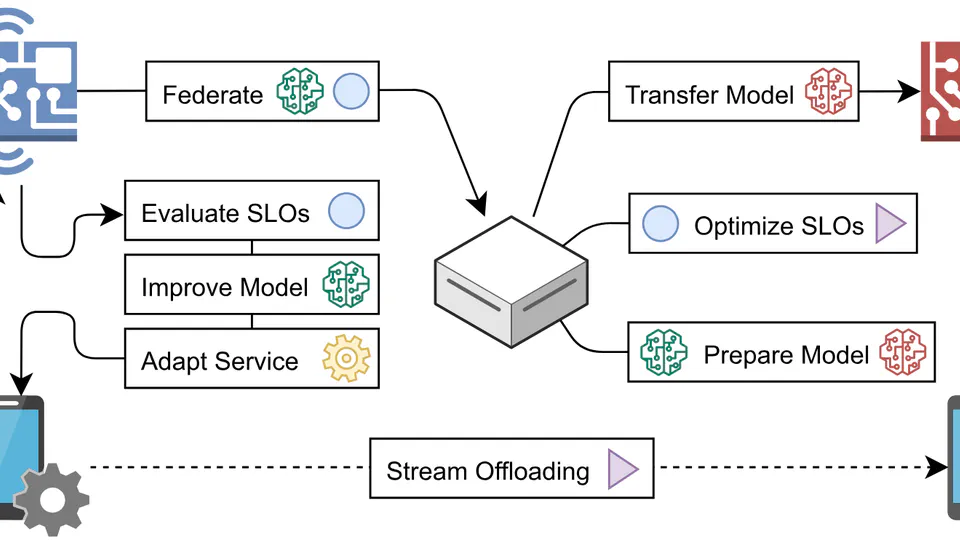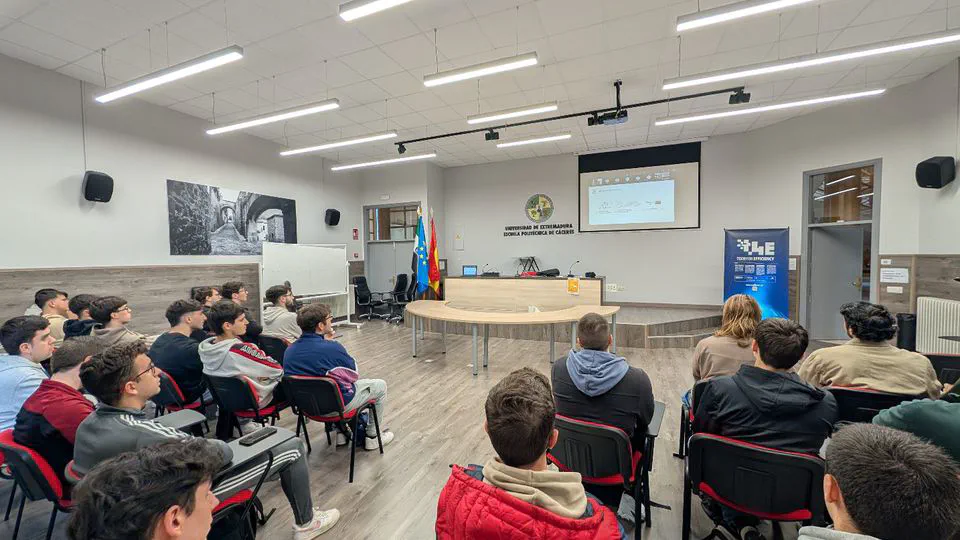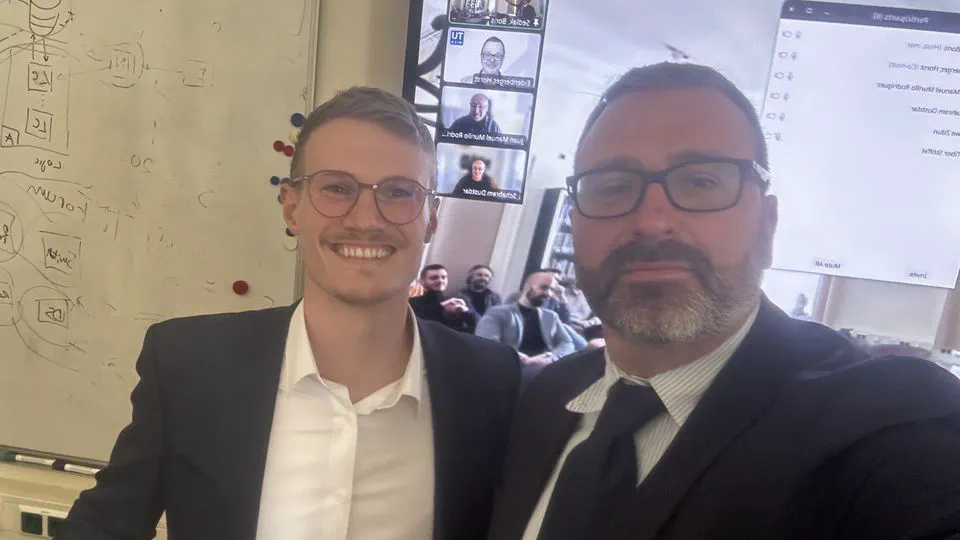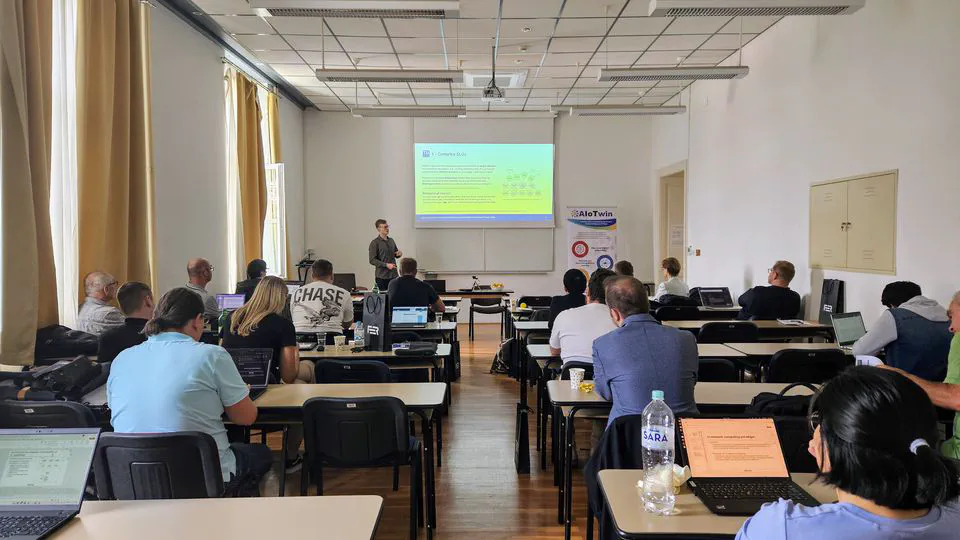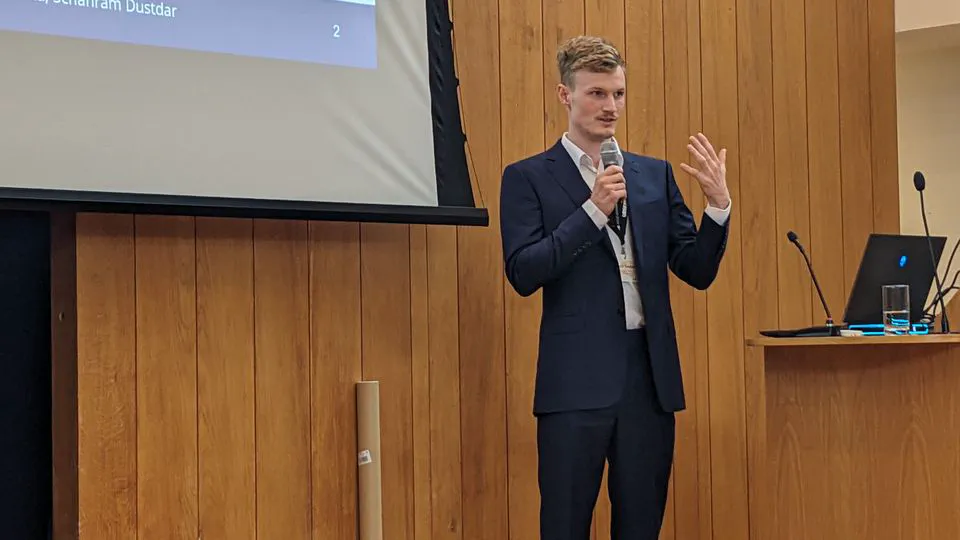About Me
Hey everyone, I’m Boris, currently a Postdoc in the Distributed Intelligence and Systems Lab (DISL) at UPF, Barcelona. Prior to that, I received my Ph.D. and M.Sc. at the TU Wien, Austria. Before getting into science, I worked for four years as a software engineer which also gave me a wider perspective. During my studies, I focused on orchestration mechanisms for Edge computing environments, or even bigger, the Computing Continuum, but always with a focus on QoS and scalability.
- Computing continuum systems
- Bayesian or causal inference
- Service orchestration
- Video stream processing
- Quality of Experience
PhD Computer Science
TU Wien, Austria
MSc Software Engineering
TU Wien, Austria
BSc Media Informatics
FH St. Poelten, Austria
Some people say that computers are complex, and I’d agree because of the countless computational layers for which I cannot grasp what is happening there. Luckily, most of these things happen encapsulated from us so that we don’t need a Ph.D. in maths anymore to operate a PC. Impressive how all of this was engineered by humans within less than a century.
Nevertheless, I’d claim that the human body, as a complex system, went through thousands of years of evolution, and we’re still far from understanding the manifold of processes that happen unconsciously to all of us. While it can be difficult to see the similarity between humans and computers, their inherent goal is to achieve equilibrium in each of their cells or components. As the size of computing systems increases, my goal is to use concepts from neuroscience to build a causal understanding of computing systems, which can be used to ensure processing requirements.
If you wish to discuss these topics or you are interested in collaborating, please don’t hesitate to reach out to me 😃
Experience
Agile Software Engineer
Austrian LotteriesResponsibilities include:
- Development and maintainance of request processing engines
- Ensuring excellent software quality throughout releases
- Working and organizing work packages in agile teams
Education
PhD Computer Science
TU Wien, AustriaWorking under Prof. Schahram Dustdar at the Distributed Systems Group (DSG); focusing on ensuring runtime requirements in large-scale computing systems through causal inference. Fully funded by EU Horizon (Teadal).
Research visit at Tsinghua University under Prof. Xiaobo Qu; working on emerging transportation solutions for collaborative offloading in vehicular edge computing.
Second visit at Sussex University under Prof. Chris Buckley; working on agent-based intelligence in large-scale distributed computing systems.
MSc Software Engineering
TU Wien, AustriaFocusing on advanced software engineering, algorithms, data structures, and distributed information systems. Finished the studies and master defense with distinction. Working in parallel as software engineer at Austrian lotteries.
GPA: 3.7/4.0
BSc Media Informatics
FH St. Poelten, AustriaFocused on tangible software products and HCI; developing dynamic solutions for mobile navigation; interactive installations for digital art (e.g., music and video); experimenting with AR and VR environments
GPA: 3.5/4.0
